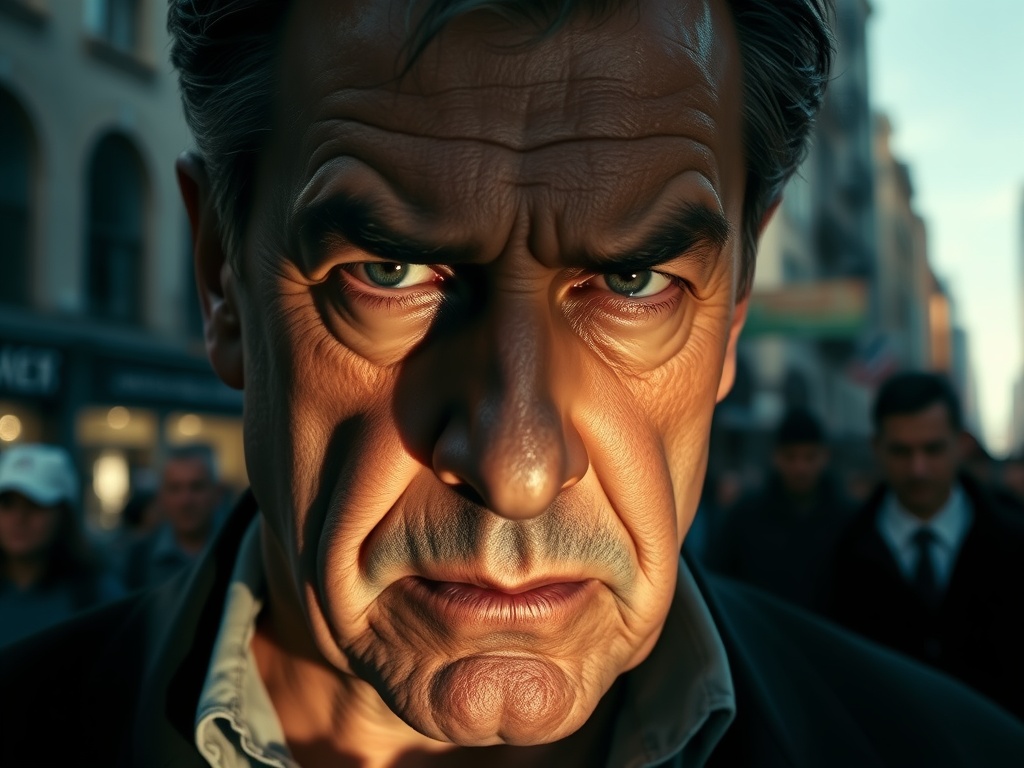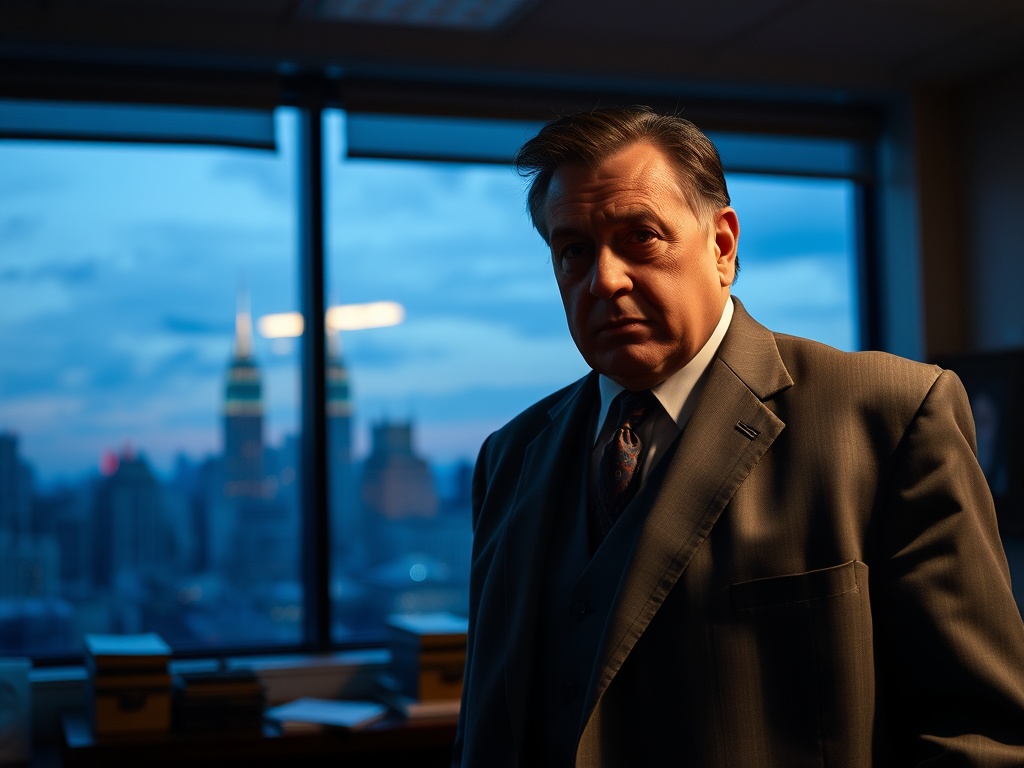Review of Zero Day: A Thrilling Yet Flawed Political Drama

Ex-President George Mullen, portrayed by Robert De Niro in his first leading television role, is enjoying a tranquil retirement at his opulent estate. He spends his days swimming, managing his statin regimen, and attempting to tackle the daunting task of writing his memoir. However, his peaceful existence is shattered when, without any prior notice, the entire technological infrastructure of the United States collapses for one minute. This sudden blackout leads to catastrophic consequences: subway trains collide, life support systems fail, and chaos ensues. Every phone in the country receives a chilling message: This Will Happen Again.
In cyber-security terminology, this breach is termed a “zero day”. The threat to national security is so severe that President Evelyn Mitchell, played by Angela Bassett, urgently calls Mullen back to duty. He is appointed to lead the newly formed Zero Day Commission, a body tasked with uncovering the culprits behind this unprecedented attack. Initially hesitant, Mullen grapples with the reality that the world has changed significantly since his presidency. However, the revelation that the Commission will wield formidable powers, including the controversial use of “enhanced interrogation techniques” (a euphemism for torture), leads him to conclude that he is the most qualified person for the job.
Viewers tuning in to Zero Day with the expectation of witnessing a society grappling with the ramifications of a digital catastrophe may find themselves disappointed. The series primarily unfolds through a series of dialogues among characters in suits, interspersed with occasional intense moments, particularly in the first episode when the lights go out. There is little exploration of how society might adapt to the failures of technology; instead, Mullen’s primary objective is to identify the perpetrators and neutralize the threat.
While the series hinges on De Niro’s star power, his character has limited depth. For every impassioned speech Mullen delivers, there are extended sequences where he is left staring into the void, leaving viewers to ponder his thoughts. Another committee has been established to oversee the Zero Day Commission. A key member of this oversight committee is Alex, portrayed by the talented Lizzy Caplan, who is not only Mullen’s daughter but also a congresswoman tasked with keeping her father accountable. President Mitchell advocates for a retaliatory strike against Russia, raising the question: Was Russia truly behind this attack? Mullen wisely cautions, “Attacking Russia for something they didn’t do would seem foolhardy to me. Remember Iraq?”
Throughout its six episodes, Zero Day delves into a range of timely issues. The parallels to real life are often striking, as Mullen embodies a Biden-like ex-president who has stepped back from seeking a second term. He navigates personal trauma regarding the loss of a child and hints at early-stage dementia. The series introduces a cast of characters including a hedge fund manager, a tech billionaire, ominous Russians, and geeky hackers. Zero Day jumbles these elements together, resulting in a narrative that sometimes feels disjointed.
- Can torture ever be justified?
- Do sensationalist journalists hold politicians accountable, or do they undermine democracy?
Zero Day poses intriguing questions but often shies away from providing substantive answers. Although it is framed as a political drama, it lacks a coherent political philosophy. The series frequently emphasizes the importance of bipartisanship, yet explicitly mentions neither the terms “Democrat” nor “Republican.” The characters appear devoid of genuine ideological distinctions, reiterating the greatness of the American populace and the responsibility of their leaders to uphold truth and trust. In its attempt to remain neutral, Netflix has crafted a glossy yet ultimately hollow narrative.
As the series progresses, we witness the unraveling of Mullen’s family and the pervasive influence of wealth and power. Ultimately, Zero Day does convey a message, albeit one that takes time to surface. It advocates for calm, justice, and truth, urging people to set aside their differences and engage in meaningful dialogue. However, without addressing specific real-world issues, it remains uncertain whether the audience will be truly invested in its message.
Zero Day is currently streaming on Netflix.




